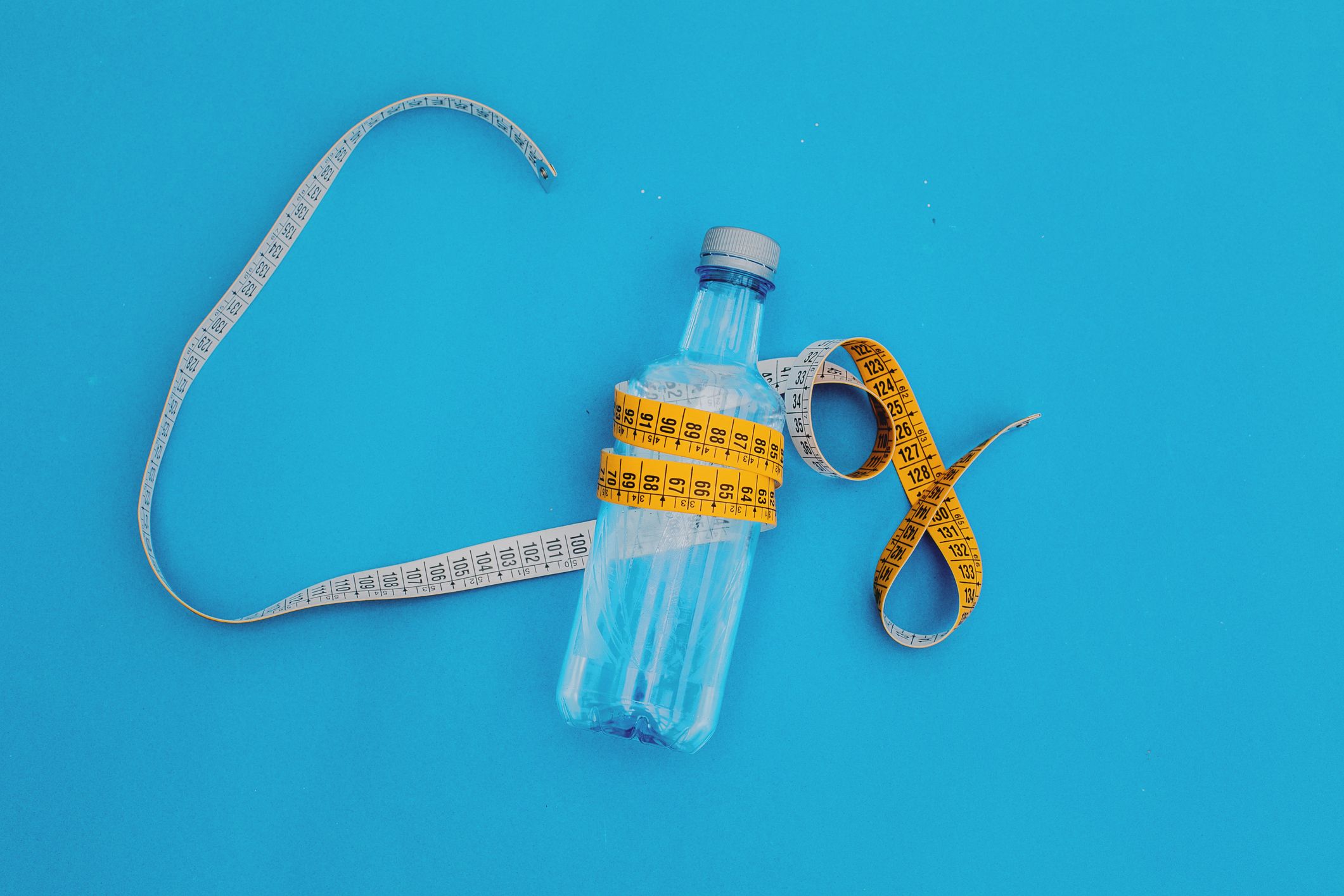Water weight is a term used to describe the extra fluid that is stored in the body’s tissues. This fluid retention is a common phenomenon that occurs when the body accumulates more fluid than it needs.
There are several factors that can cause weight gain, including hormonal imbalances, high salt intake, medications, and premenstrual syndrome (PMS). Hormonal imbalances can cause the body to retain fluid, and an increase in salt intake can lead to the body retaining as well. Certain medications can also cause fluid retention, while PMS can lead to an increase in fluid in the body before menstruation.
Weter weight can be temporary, but it can also be a sign of a more serious underlying condition, such as heart, liver or kidney problems. If you are experiencing persistent weight gain, it is important to see a doctor for a proper diagnosis and treatment plan.
To reduce weight, it is important to maintain a healthy diet that is low in salt and high in fiber. Drinking plenty of water can also help to flush excess fluid from the body. In addition, regular physical activity can help to reduce weight by increasing circulation and boosting the metabolism.
In conclusion, weight is a common condition that is caused by a variety of factors. While it can be temporary, it is important to see a doctor if you are experiencing persistent weight gain. By maintaining a healthy diet and engaging in regular physical activity, you can help to reduce weight and keep your body healthy.
FAQs
1.What is water weight and how does it occur?
Water weight refers to the excess fluid that is stored in the body’s tissues and cells, causing an increase in overall body weight. It can be caused by various factors such as sodium intake, hormonal changes, and poor diet.
2.How can I tell if I am retaining water weight?
Signs of water weight retention include bloating, swelling in the hands, feet, and ankles, and a noticeable increase in overall body weight in a short period of time.
3.Is water weight loss permanent?
Water weight loss is usually temporary, as the body will naturally replenish lost fluids. However, making changes to your diet and lifestyle can help prevent weight gain in the future.
4.What can I do to lose water weight?
To lose weight, it’s recommended to drink plenty of water, reduce your sodium intake, and engage in physical activity. Additionally, eating a healthy diet that is low in processed foods and high in whole foods can also help.
5.Can drinking more water help with water weight loss?
Drinking more water can help flush out excess sodium and other toxins from the body, which can lead to weight loss. However, it’s important to remember that drinking too much water too quickly can lead to an imbalance of electrolytes in the body. It’s best to drink water in moderation and consult a healthcare professional if you have concerns about your fluid intake.
6.What is water weight?
Water weight is the weight retained in the body, typically in the tissues or circulatory system, that can cause temporary weight gain.
7.What causes water weight?
Weight can be caused by a variety of factors,
including hormonal changes, dehydration, excessive salt intake, and certain
medications.
8.How much water weight can a person carry?
The amount of weight a person can carry varies, but it can range from a few pounds to as much as 10-20 pounds or more.
9.Is weter weight the same as fat?
No, weight is not the same as fat. Fat is stored in
the body’s adipose tissue, while weight is stored in the body’s
circulatory system and tissues.
10.Can water weight be lost quickly?
Yes, weight can be lost quickly with proper hydration, reducing salt intake, and incorporating regular exercise.

